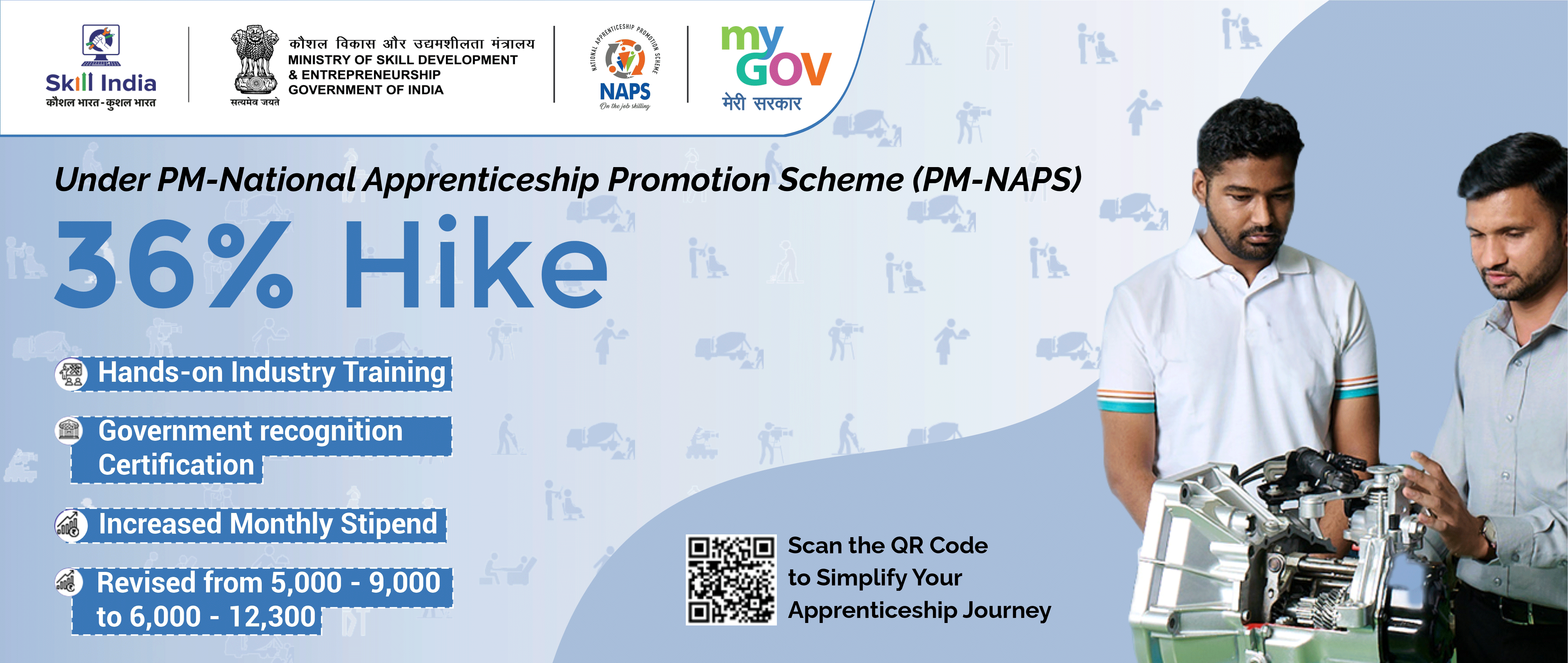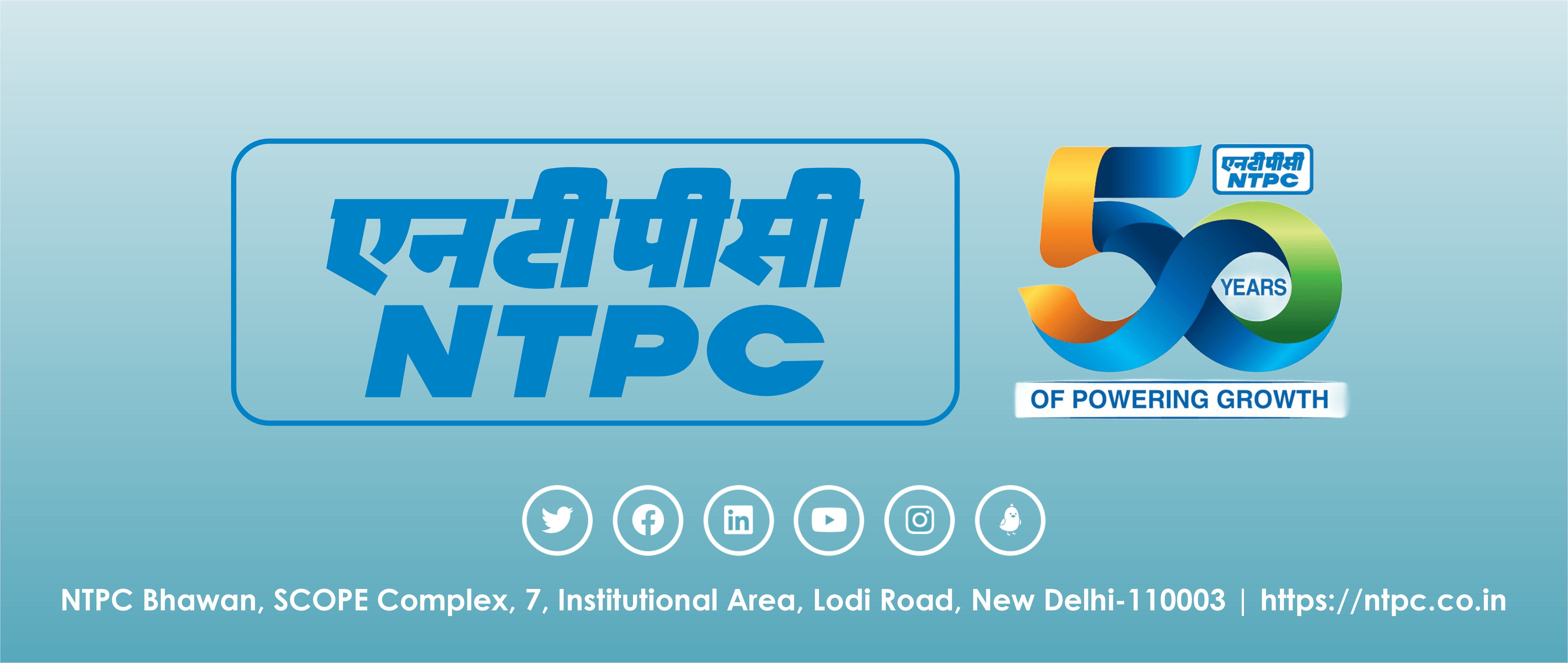TO RECIEVE EXCLUSIVE POSTS AND NEWS
Must Read
Our competent pilots handled ILS failure incident professionally: Air India
By IndianMandarins- 19 Sep 2018
1023Air India has clarified that non-schedule landing
of its flight on September 11 at New Jersey was a remarkable achievement
of its pilots. The radio altimeters had failed which in turn rendered TCAS and
ILS non-functional. Thus, the cockpit crew took the quick decision to land
safely at an alternate airport. Though the effort was remarkable to take a
quick decision for safe landing, the issue of technical snag that occurred on
September 11 needs to be addressed effectively. The cockpit crew of the Air India Boeing 777-300
aircraft operating flight AI-101 of September 11, 2018, from Delhi (India) to
New York successfully made a non-scheduled landing at New Jersey Airport
braving adverse weather conditions and unexpected technical issues, and proving
once again the class, expertise and experience of Air India’s pilots to face
any such eventuality and come out in flying colours. The professional approach
with which they navigated the flight to land safe speaks volumes of Air India’s
enviable safety record based on the airline’s strong foundations of training,
engineering and maintenance standards and skillset of its operations crew. With its rich legacy of flying for over eight
decades, Air India accords top priority to quality and safety standards and
training of its human resources. Over and above the mandated training, Air
India Pilots are given training to handle all emergencies in the Simulators and
undergo a specialized CRM LOFT. This has further enhanced crew coordination and
timely assessment of situation. The cockpit crew comprising Commanders Capt. Rustom
Palia and Capt. Sushant Singh and co-pilots Capt. R.S. Bhatti and Capt. RS
Vikas decided to initiate a Go Around reporting an unstable approach. The
decision to 'Go-Around' and divert was commendable and done in the interest of
Flight Safety. The flight also carried more than adequate fuel reserves. The radio altimeters failed which in turn rendered
TCAS and ILS non-functional. The experience and expertise of our cockpit crew
came to the fore and they landed safely at the alternate airport at Newark. The
crew carefully weighed all options limited by terminal failure & adverse
weather and diverted towards Newark. Besides ILS there are several other
approach categories used by modern aircraft like RNAV, GPS, LNAV/ VNAV etc.
Loss of some instruments is not a serious cause of concern as our pilots are
well trained to handle these exigencies.
Readers' Choice
R K Sharma is the new Rajasthan DGP 12 hours ago
Centre swings surprise, Gujarat DGP gets extension in service 14 hours ago
Tenure of Chhattisgarh Chief Secretary extended 19 hours ago
Rajesh Kumar appointed as Chief Secretary of Maharashtra 22 hours ago
Saswata Mishra appointed Principal Secretary to Odisha CM 23 hours ago
Our competent pilots handled ILS failure incident professionally: Air India
By IndianMandarins - 2018-09-19 11:26:23

Air India has clarified that non-schedule landing of its flight on September 11 at New Jersey was a remarkable achievement of its pilots. The radio altimeters had failed which in turn rendered TCAS and ILS non-functional. Thus, the cockpit crew took the quick decision to land safely at an alternate airport. Though the effort was remarkable to take a quick decision for safe landing, the issue of technical snag that occurred on September 11 needs to be addressed effectively.
The cockpit crew of the Air India Boeing 777-300 aircraft operating flight AI-101 of September 11, 2018, from Delhi (India) to New York successfully made a non-scheduled landing at New Jersey Airport braving adverse weather conditions and unexpected technical issues, and proving once again the class, expertise and experience of Air India’s pilots to face any such eventuality and come out in flying colours. The professional approach with which they navigated the flight to land safe speaks volumes of Air India’s enviable safety record based on the airline’s strong foundations of training, engineering and maintenance standards and skillset of its operations crew.
With its rich legacy of flying for over eight decades, Air India accords top priority to quality and safety standards and training of its human resources. Over and above the mandated training, Air India Pilots are given training to handle all emergencies in the Simulators and undergo a specialized CRM LOFT. This has further enhanced crew coordination and timely assessment of situation.
The cockpit crew comprising Commanders Capt. Rustom Palia and Capt. Sushant Singh and co-pilots Capt. R.S. Bhatti and Capt. RS Vikas decided to initiate a Go Around reporting an unstable approach. The decision to 'Go-Around' and divert was commendable and done in the interest of Flight Safety. The flight also carried more than adequate fuel reserves.
The radio altimeters failed which in turn rendered TCAS and ILS non-functional. The experience and expertise of our cockpit crew came to the fore and they landed safely at the alternate airport at Newark. The crew carefully weighed all options limited by terminal failure & adverse weather and diverted towards Newark. Besides ILS there are several other approach categories used by modern aircraft like RNAV, GPS, LNAV/ VNAV etc. Loss of some instruments is not a serious cause of concern as our pilots are well trained to handle these exigencies.























